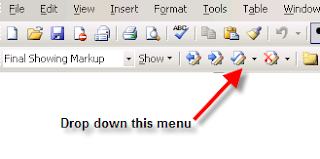The Center for Disease Control has introduced VitalStats, a site that will let you create your own tables from the information they collect. I haven't checked how local the reporting options are, but they offer a QuickGuide to walk you through the how-to.
Their description:
"Welcome to VitalStats, a collection of vital statistics products including tables, data files, and reports that allow users to access and examine vital statistics and population data interactively.I find it interesting that they also provide a QuickGuide for calculating rates and percents. I could have used both the data and the guide when I wrote a grant last month that examined teen pregnancy figures from every conceivable direction.
Use our prebuilt tables and reports for quick access to statistics. Or, you can use the data files to create your own tables--choosing from over 100 variables. Using the data files takes a little more time but gives you access to more data. You can customize the tables, and create charts, graphs, and maps. You can even export the data for use offline or in another format. Please see the Getting Started Quick Guide Graphic of P D F for more information. "
Book mark this site for future use.




